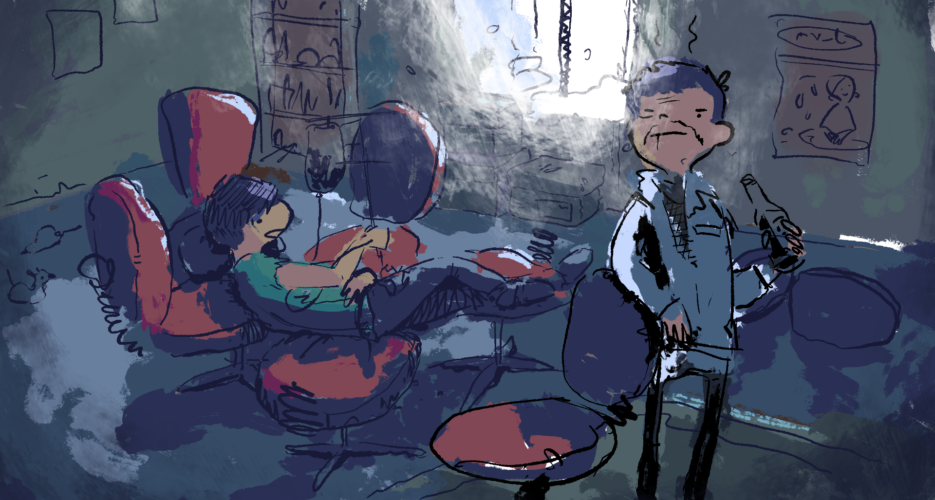About the Author
Tae-il Shim
Tae-il Shim is a pseudonym for a North Korean defector writer. He left the DPRK in 2018, and now resides in South Korea.

Get behind the headlines
|
Ask A North Korean Ask a North Korean: what is the healthcare system in the DPRK really like?"How much money a patient has determines whether they live or die"  Greetings, one and all, and welcome back to Ask a North Korean: the NK News feature where readers can ask our defector writers about what life is really like on the ground in North Korea. Today's question is about the North Korean healthcare system. The official line boasts that healthcare is free for all citizens, but is this really true? © Korea Risk Group. All rights reserved. |